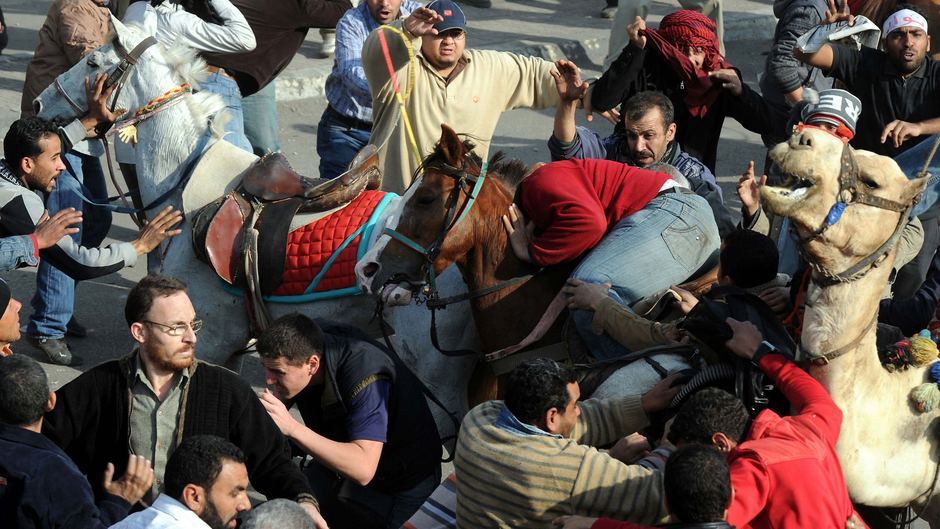By Sabine Pallas
Each year on 8 March, the International Land Coalition (ILC) celebrates International Women’s Day. The theme for 2014 is ‘Equality for women is progress for all’. The story of one young woman I met in Rwanda recently during a learning route organised by ILC and the NGO Procasur illustrates this theme perfectly.

(Photo Courtesy of Equality Now!)
Lydia is a brilliant and vivacious young woman with an impassioned story of struggle, deliverance and transformation. Lydia, 25, was only 14 when both of her parents died. Her two little brothers, the youngest just a few months old, were eventually adopted by their mother’s brothers, keeping them out of an orphanage, but were considered a burden because there were more mouths to feed.
As Lydia became older, she asked about taking over her mother’s land, but her uncles ignored her requests and told her to ask her father’s family instead. They believed it was their right to keep control of her mother’s land.
Lydia confided to a friend at school about her desperate situation. By a quirk of fate, this friend’s mother had received training from the Rwanda Women Network (RWN), a national humanitarian non-governmental organisation (NGO) that has been dedicated to improvement women’s socio-economic welfare in Rwanda since 1997. She told Lydia about their programme dedicated to helping women and girls to claim their rights to inheritance.
RWN assigned a paralegal to help Lydia defend her interests and also offered to pay her legal fees. As Lydia was still studying at the time, she wasn’t able to be present during the long and complex legal process. Lydia gave the paralegal the power of attorney to act on her behalf and represent her interests in her absence.
Lydia confronted her mother’s family with the paralegal in February 2014, and met a great deal of resistance. Having an RWN paralegal at her side, however, set the stage for her eventual success, and showed her uncles that the old ways of ignoring the rights of girls to inheritance would no longer be tolerated.
The case was eventually assigned to the local Abunzi, community-based mediation committees established by the Rwanda Governance Board in 2006 to settle disputes arising among members of the same community. Seven months later, after an arduous process, Lydia won her right to inheritance in September 2010.
After the conflict was resolved, the relationship with her mother’s family was poisoned. Lydia resented her uncles for making her go through this process to get what was rightfully hers, and her uncles accused her of undermining their reputation among community members. She decided to sell the land and bought a plot elsewhere to get away from the conflict with her family and have a fresh start.
Lydia finished secondary school, participated in a USAID-sponsored training programme on modern cultivation techniques and started growing vegetables, including cabbage, peppers, beans, chilies and parsley.
She told me that her vision is to go to university in two years. “Agriculture is my passion,” she said.
Lydia is now a successful farmer and produces more than enough to feed herself and her two brothers, now 11 and 18, who she has taken care of since her parents died. She sells the rest of her produce on the local market to pay for her brothers’ to attend boarding school.
As if obtaining her legal rights, becoming a farmer and supporting her two younger brothers is not impressive enough, Lydia also founded a self-improvement club called Umukisi Vision to show other young people how she has turned her plot of land into a productive asset, and to demonstrate there are alternatives to getting involved in prostitution for survival. Her club also helps to support elderly women and women with children during the Umuganda, a monthly community service obligation in Rwanda.
As part of a government programme to encourage kitchen gardening, her club is also helping youth and poor women to set up gardens free of charge. In return, when the women are doing well enough to pay, they give the club RWF 5,0000 ($75/€55). The club has also initiated a small loan and credit fund for which members contribute RWF 250 a week ($0.40/€0.30) to invest in income-generating activities. The group currently has a capital of RWF 30,0000 ($450 /€330).
Lydia is grateful to the community paralegals that helped her and to the RWN for opening up a world of possibilities by defending her rights to inheritance, which she never imagined possible.
It’s been almost three years since she bought the land and moved away from her uncles. At the beginning, she stayed away in order to avoid conflict. Recently, Lydia decided it was time to reconcile with her mother’s family. She visited, shared her stories, and showed them what she has accomplished. She even helped them to plant a kitchen garden. Lydia and her younger brothers didn’t turn out to be the burden her mother’s family had feared. This New Year’s Eve, they even came to celebrate at her place, and Lydia is overjoyed to have reconciled with her family.
I suspect we will be hearing a lot more about Lydia, who has transformed her own empowerment into the empowerment of so many around her. She is the voice of a new generation demanding equality for women and she has big plans.



